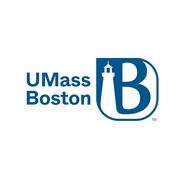Writing to Learn: A Course Design and Educational Resources
(View Complete Item Description)The course design, in-class activities, assignments, and citations here offer ways educators can use the writing process to improve student learning, focusing on undgraduate and early graduate work. These materials can be remixed and repurposed, in whole or in part, as you wish under the terms of a CC BY-NC 4.0 license. If you repurpose these materials for a particular discipline or context, an email about your work would be greatly appreciated!
Material Type: Full Course




















